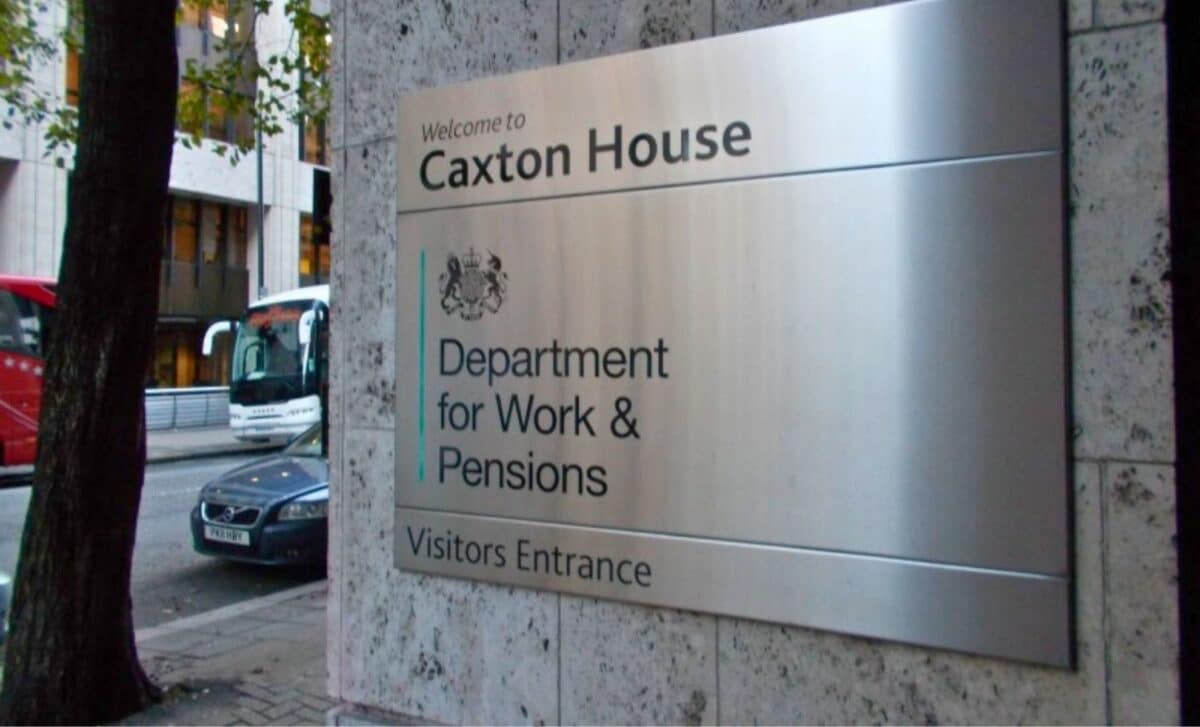DWP is informing people about support available to help with rising living costs. Many families are struggling with higher bills for essentials like heating and food, and mortgage rates have also increased.
Inflation recently reached 2.2%, partly because gas and electricity prices haven’t dropped as much as before.
Research shows that nearly half of those on Universal Credit ran out of food last month, and many are finding it hard to afford basic necessities. In response, the new Labour government plans to launch a ‘Back to Work’ initiative to help more people find jobs, as reported by Express.
In a few days, Chancellor Rachel Reeves is expected to share her first budget as experts predict tax hikes and spending cuts. The prime minister issued a warning in August encouraging people to “accept short-term pain for long-term good” emphasizing that October’s Budget will be “painful” and that the government will have to make “big asks” of the public.
Benefits Available This Year
The benefits you get depend on your personal financial situation. In some cases this may include, your age, your health and your location. Benefits that you may qualify for include:
- Attendance allowance
- Carer’s allowance
- Child benefit
- Disability living allowance
- Employment support allowance
- Income support
- Jobseeker’s allowance
- Pension credit
- Personal independence payment (PIP)
- State pension
- Universal Credit
State Pension: Key Payment Dates and How to Receive It
To qualify for the state pension, you must attain the state pension age, which currently stands at 66 for both genders. There are however planned increases people need to be aware of. This implies that from 2026 to 2028, the age will increase to up to 67 for anyone born on or after April 1960, and will later increase to 68 between 2044 and 2046 for those born on or after 1977.
The amount of pension you get is based on your National Insurance Contributions (NICs) you were able to accumulate during your working life. To be eligible for the full new state pension, at least 35 qualifying years of contributions are required, and you need a minimum of 10 years to qualify for any pension.
For those who attained state pension age prior to April 2016, 30 years of contributions are needed for the full basic state pension.
The new state pension is paid every four weeks, covering the previous four weeks. This is why the April increase won’t be fully paid out until May. The day you get your payment depends on your National Insurance number, but if it’s due on a bank holiday, you might get it earlier, according to GOV.UK.
| Last two digits of your National Insurance number | Payment day of the week |
| 00-19 | Monday |
| 20-39 | Tuesday |
| 40-59 | Wednesday |
| 60-79 | Thursday |
| 80-99 | Friday |
What Other Financial Help is Available?
You might be able to get help based on who your energy provider is. This week, Octopus emailed their customers, reminding them they could claim £150 through the Warm Home Discount. It’s worth checking your energy provider’s website or giving them a call to see what support they offer.
If you live alone, you can also get a council tax discount. Discounts might also be available if you’re a student or an older person. You can check the gov.uk website to see how to lower your council tax.
There are other ways to get help with your living costs, including benefits and financial support if you’re eligible. You can check the full list of options on the gov.uk website.









